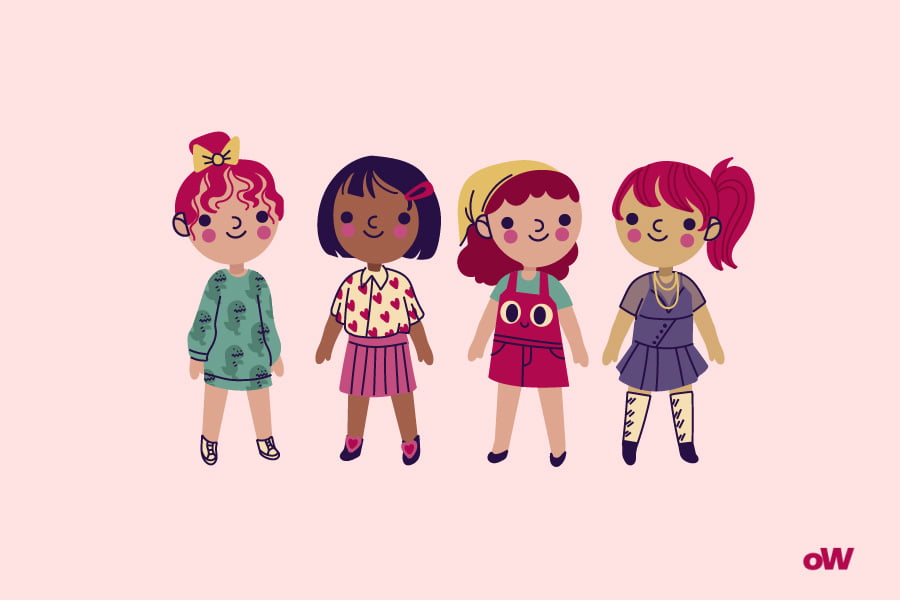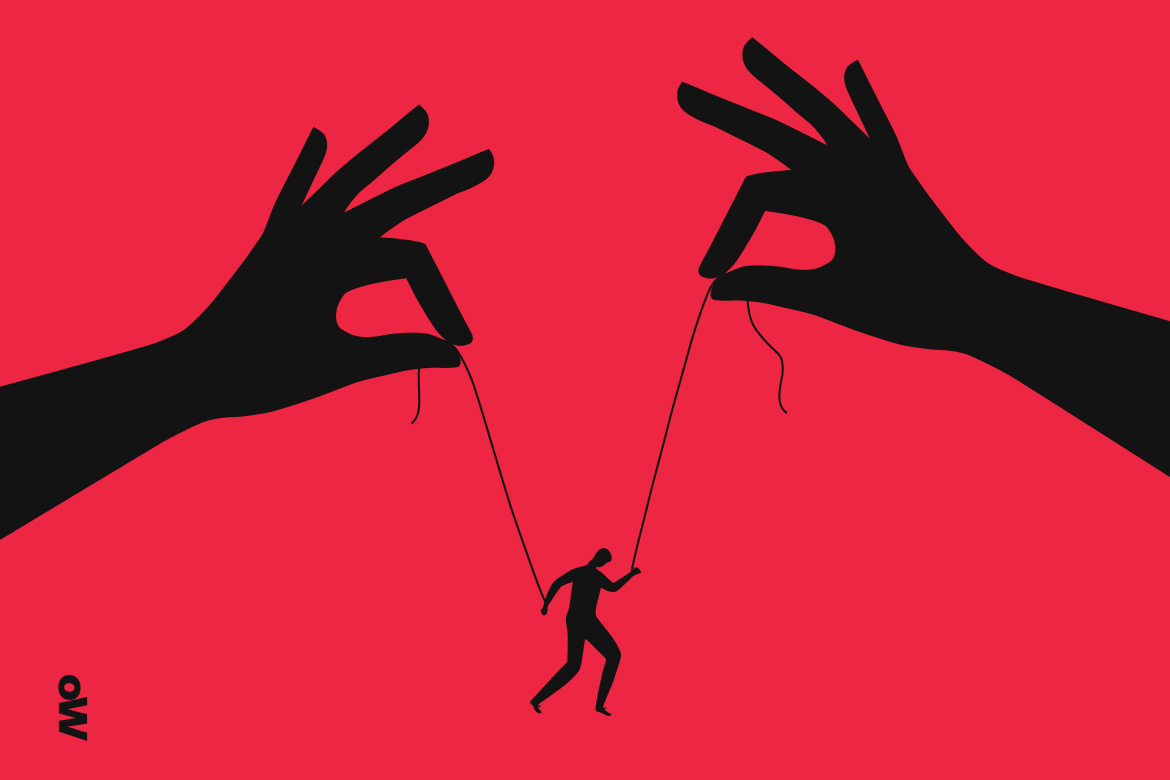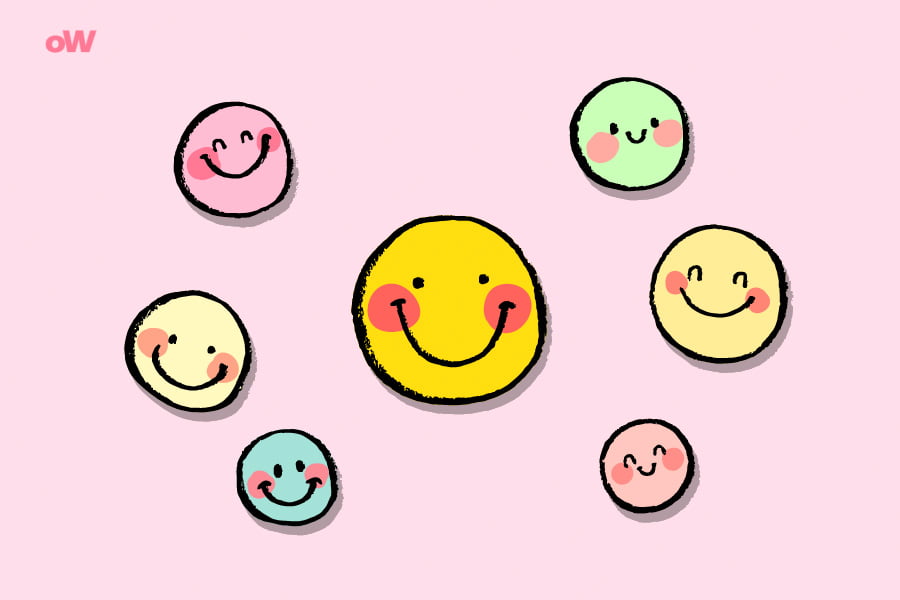Love Character Test: Heart’s Secret Language

If love were a cuisine, your love character would be a unique recipe. A pinch of passion, a spoonful of tenderness, a drop of jealousy – everyone has their own special blend of ingredients. But how do you decipher this recipe? How do you understand whether you have more spicy pepper or sweet honey? “Love Character Test” is your personal love cookbook that will help you create the perfect dish called “happy relationships”.
What Is a Love Character?
Love character is a complex concept rooted in psychology, sociology, and even biology. It’s not just a set of preferences or behavioral patterns, but a complex system formed under the influence of many factors.
Why is it important? Understanding your love character is the key to self-knowledge in the context of romantic relationships. It allows us to realize why we react in certain ways in various situations, what attracts us to partners, and which aspects of relationships are most significant to us.
How is love character formed? Several key factors play a role here:
- Childhood experience and attachment: Attachment theory, developed by John Bowlby and Mary Ainsworth, suggests that our early relationships with parents or caregivers form basic patterns of behavior in close relationships in adulthood.
- Cultural context: The society in which we grew up significantly influences our understanding of love and relationships. For example, some cultures value emotional restraint, while others encourage open expression of feelings.
- Personal experience: Every relationship, whether successful or unsuccessful, leaves its mark and influences the formation of our love character.
- Genetics: Yes, even our genes play a role! Research shows that some character traits affecting romantic relationships may have a genetic basis.
Who studies love character? Psychologists, sociologists, anthropologists, and even neurobiologists deal with this topic. For example, Helen Fisher, an anthropologist and human behavior researcher, has conducted extensive studies on the chemistry of love and various personality types in the context of romantic relationships.

How Does Love Character Affect Our Relationships?
The influence of love character on relationships is hard to overestimate. It determines virtually all aspects of our behavior in a couple:
- Communication: Our love character influences how we express our feelings and needs, and how we interpret our partner’s signals. For example, people with an avoidant attachment style may have difficulty expressing their emotions, which can lead to misunderstandings in the couple.
- Conflict resolution: The way we approach conflict resolution is directly related to our love character. Some are inclined to openly discuss problems, while others prefer to avoid confrontation.
- Intimacy: The level of comfort with physical and emotional closeness is also determined by our love character. This affects not only the sexual life of the couple but also the overall emotional connection.
- Relationship expectations: Our love character shapes our ideas about ideal relationships, which can both help and hinder building a harmonious connection.
Where does the influence of love character manifest? Literally everywhere – from the first date to a long-term marriage. It determines how we choose a partner, how we build relationships, how we cope with difficulties, and how we develop together.

Exploring Different Shades of Love Character
Love character is not a black and white picture, but rather a complex palette of shades. Psychologists and researchers identify various typologies of love character:
- Robert Sternberg’s Triangular Theory of Love: He identifies three components of love – intimacy, passion, and commitment, combinations of which give different types of love relationships.
- John Alan Lee’s Love Styles: He describes six styles of love, including Eros (passionate love), Ludus (playful love), Storge (friendly love), Pragma (practical love), Mania (obsessive love), and Agape (selfless love).
- Attachment styles: Secure, anxious, and avoidant attachment styles also significantly influence our love character.
How are these typologies applied in practice? Understanding your type can help in choosing a partner, working on relationships, and personal growth. For example, a person with Mania (obsessive love style) can learn healthier ways of expressing their feelings if they recognize their tendencies.
Who can use this knowledge? Psychologists and therapists often apply these concepts in working with couples. But ordinary people can also benefit from understanding various aspects of love character to improve their relationships.

How Does the Love Character Test Work?
“Love Character Test” is not just a set of random questions, but a carefully developed psychometric tool. Here’s how it works:
- Question development: Psychologists and relationship experts create questions covering various aspects of love behavior and attitudes.
- Scaling: Each question is linked to certain scales or dimensions of love character.
- Analysis algorithm: After taking the test, the answers are analyzed using a special algorithm that determines the predominant traits of love character.
- Interpretation of results: Based on the analysis, a personalized report is formed describing the person’s love character.
Why is this test effective? It is based on scientific theories and research in the field of relationship psychology. Moreover, it is constantly being improved based on user feedback and new scientific data.
Improving Love Character to Enhance Relationships
Knowledge is the first step, but how do you apply the test results in practice?
- Self-analysis: Start with a deep analysis of the test results. How do the identified traits manifest in your life? Which ones help, and which hinder relationships?
- Communication with your partner: Share the results with your partner. This can be an excellent basis for discussing your relationship and mutual expectations.
- Working on weaknesses: Identify areas for growth. For example, if the test showed that you have difficulty expressing emotions, practice this.
- Strengthening strengths: Don’t forget about your positive traits. How can you use them to strengthen your relationship?
- Professional help: Sometimes it can be helpful to consult a family psychologist or relationship coach for deeper work on yourself.
Who can help in this process? In addition to professionals, support can be provided by close friends, support groups, or online communities of people working on improving their relationships.
Why is all this necessary? Ultimately, understanding and improving your love character leads to deeper, more satisfying, and long-term relationships. It’s a path to personal happiness and harmony in a couple.
Concluding our dive into the world of ‘Love Character Test’, it’s worth saying: love is not just a feeling, it’s a skill. And like any skill, it can be developed and perfected. This test is your personal heart fitness trainer. It will help you pump up your strengths and work on your weaknesses. Remember, in the gym of relationships, there is no ultimate goal – there is only constant development. So keep training, and may your love be strong, flexible, and enduring!
How to Play?
Click the "Start Quiz" button and answer each quiz question honestly. There are no right or wrong answers. You may encounter multiple-choice questions or statements to rate on a scale of agreement. Once you finish the quiz, you'll receive results that provide insight into your personality traits, including strengths and weaknesses. Use this information to increase self-awareness and make positive changes.
How many questions does this quiz have?
15 Questions
How long does it take to complete this quiz?
4 Minutes
Questions Overview
- A roaring, passionate fire.
- A calm, serene lake.
- A vast, mysterious universe.
- A colorful, bustling carnival.
- Dancing the night away under the stars.
- A cozy evening at home with your favorite books and tea.
- Deep philosophical discussions at a quiet café.
- Trying out a fun new activity or game together.
- A sensual massage or romantic getaway.
- A handwritten letter expressing your deepest feelings.
- A book on existentialism or the nature of love.
- A goofy homemade card or a silly gift.
- A scorching and intense heatwave.
- A gentle and refreshing spring morning.
- A mysterious and contemplative foggy day.
- A surprising and unpredictable summer shower.
- “Passion is energy. Feel the power that comes from focusing on what excites you.”
- “Peace is not the absence of conflict, but the ability to cope with it.”
- “To love and be loved is to feel the sun from both sides.”
- “Love is a game that two can play and both win.”
- Spicy chili.
- Warm vanilla.
- Dark chocolate with a hint of sea salt.
- A burst of tangy fruit punch.
- A secluded beach retreat in Bali.
- A scenic mountain cabin in Switzerland.
- Exploring ancient ruins and libraries in Greece.
- An adventurous road trip with spontaneous stops.
- Through physical touch and intimate moments.
- By creating a sanctuary of safety and trust.
- By sharing profound thoughts and ideas.
- By making your partner laugh and feel light-hearted.
- A fierce lion.
- A gentle deer.
- A wise owl.
- A playful dolphin.
- "Together, we can conquer anything with the power of our love."
- "In stillness and patience, we'll find our way."
- "Every challenge offers deeper understanding and growth."
- "Let's turn this obstacle into an adventure!"
- A passionate serenade under your window.
- A day without distractions, just the two of you.
- A curated playlist of thought-provoking podcasts.
- A spontaneous treasure hunt leading to a fun surprise.
- Red roses – Intense and full of desire.
- White lilies – Pure and tranquil.
- Bonsai tree – Deeply rooted and intricate.
- Sunflowers – Bright and cheerful.
- A surprise candle-lit dinner with all your favorite dishes.
- A quiet evening walk, holding hands and stargazing.
- An unexpected book or course enrollment about topics you adore.
- A hilarious impersonation of you by your partner.
- Fiery and all-consuming.
- Calm and grounding.
- Profound and challenging.
- Fun and ever-evolving.
- Bold and vibrant colors clashing and merging.
- Soft pastels and tranquil scenes.
- Deep hues with abstract symbolism.
- Whimsical characters and unexpected twists.





